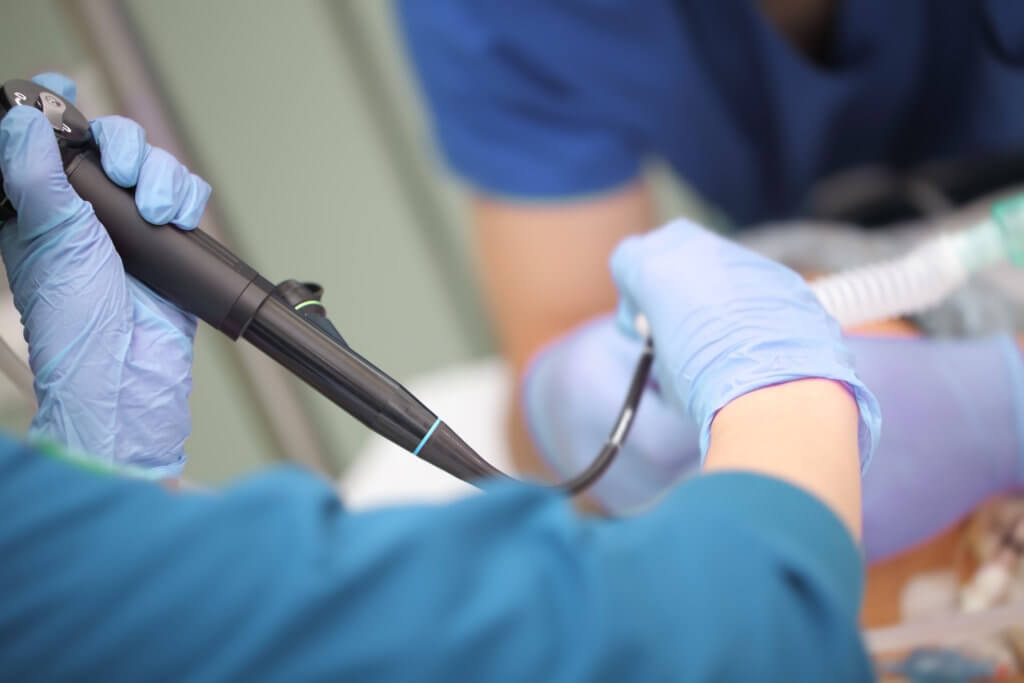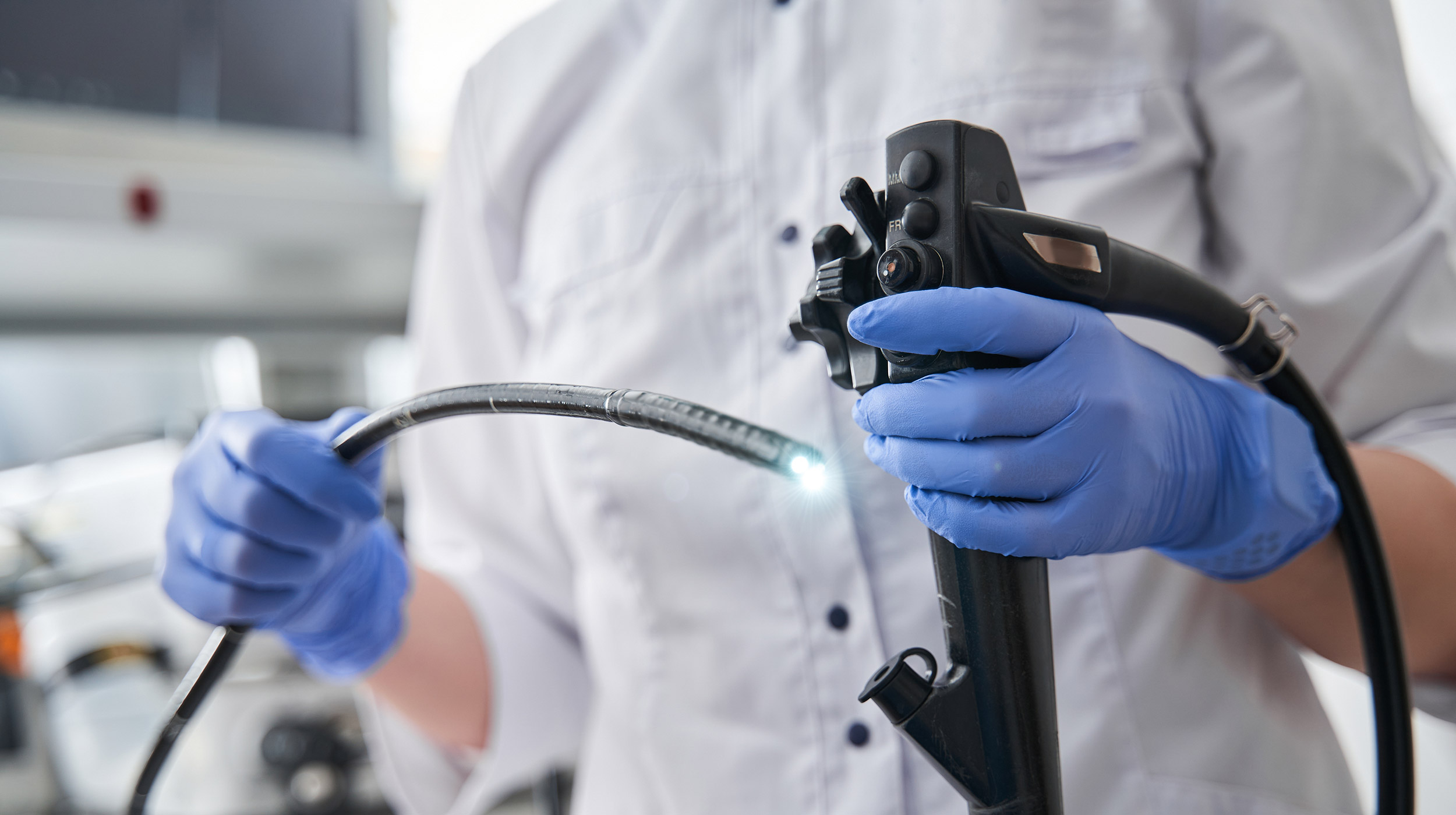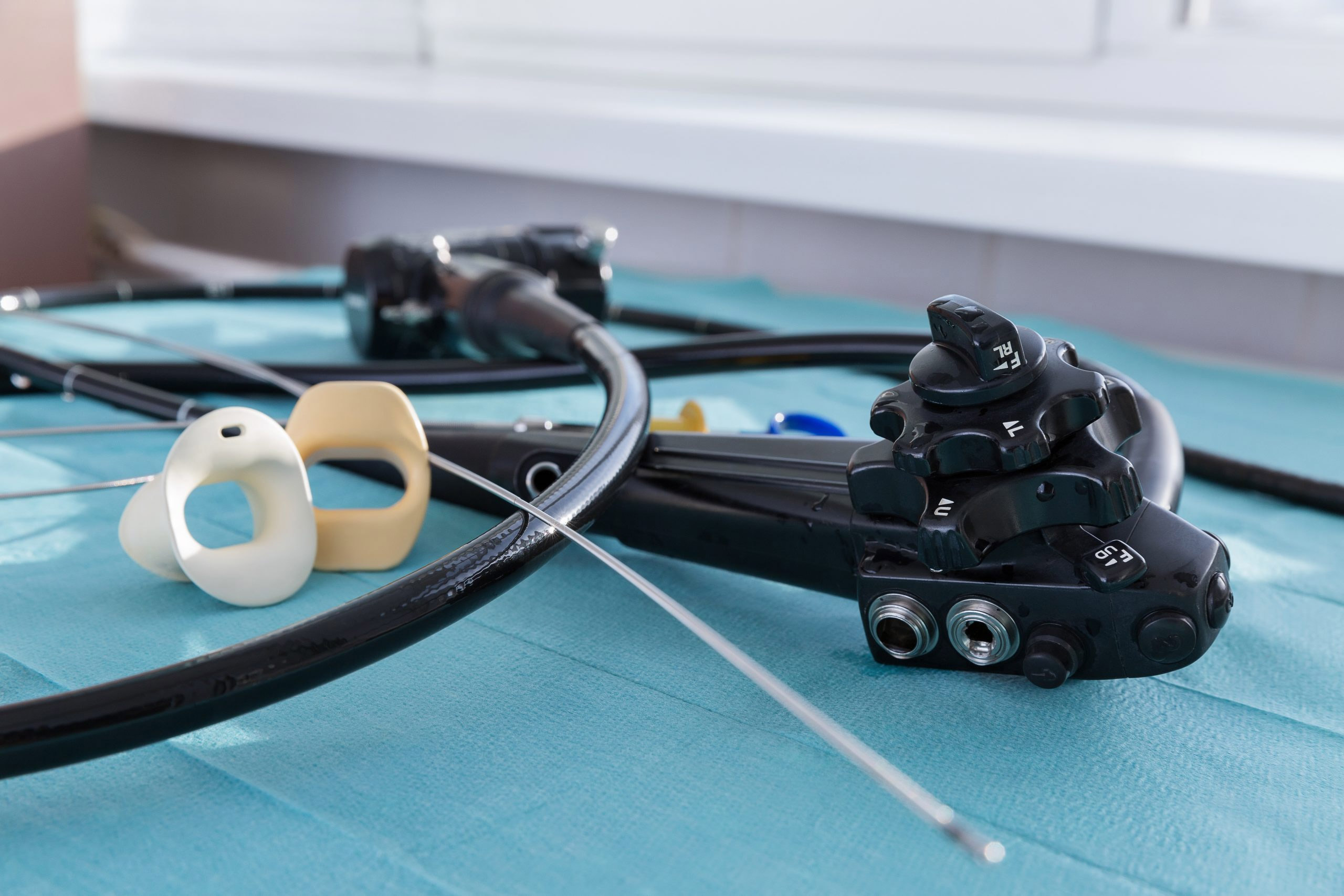
Most medical schools in the U.S. don't require a clinical urological rotation, according to a recent survey.
Due to a physician shortage in the U.S., there's a dire need for more urologists than ever before, and further reason to stress the importance of a formal urological curriculum taught to medical students, researchers say. And all this at a time, they add, when an aging population is prompting an even greater need for comprehensive urological care.
The findings of the survey were recently published in Urology Practice and examined the current state of the urological curriculum in medical schools across the U.S. The survey also probed common topics taught to medical students and their preferred materials for learning.
A letter to the editor in a follow-up edition of Urology Practice supports the study's findings, citing a lack of urological education taught to medical students as an "ongoing problem.”
One hundred and seventy-three medical students from across the U.S. completed an 11 question survey designed to help researchers further understand the role urological education plays in medical schools.
Students who participated in the survey say that the most frequently discussed urology topics taught to them during their pre-clinical or clinical studies pertained to discussions about kidney stones and urinary tract infections.
Discussions about infertility, emergencies, bladder drainage, and erectile dysfunction were among the topics getting far less exposure, according to researchers.
Medical students’ preferred method of learning consisted of watching videos and reviewing case-based vignettes. Students ranked written content, webinars, and podcasts as their least-preferred method of learning, researchers say.


